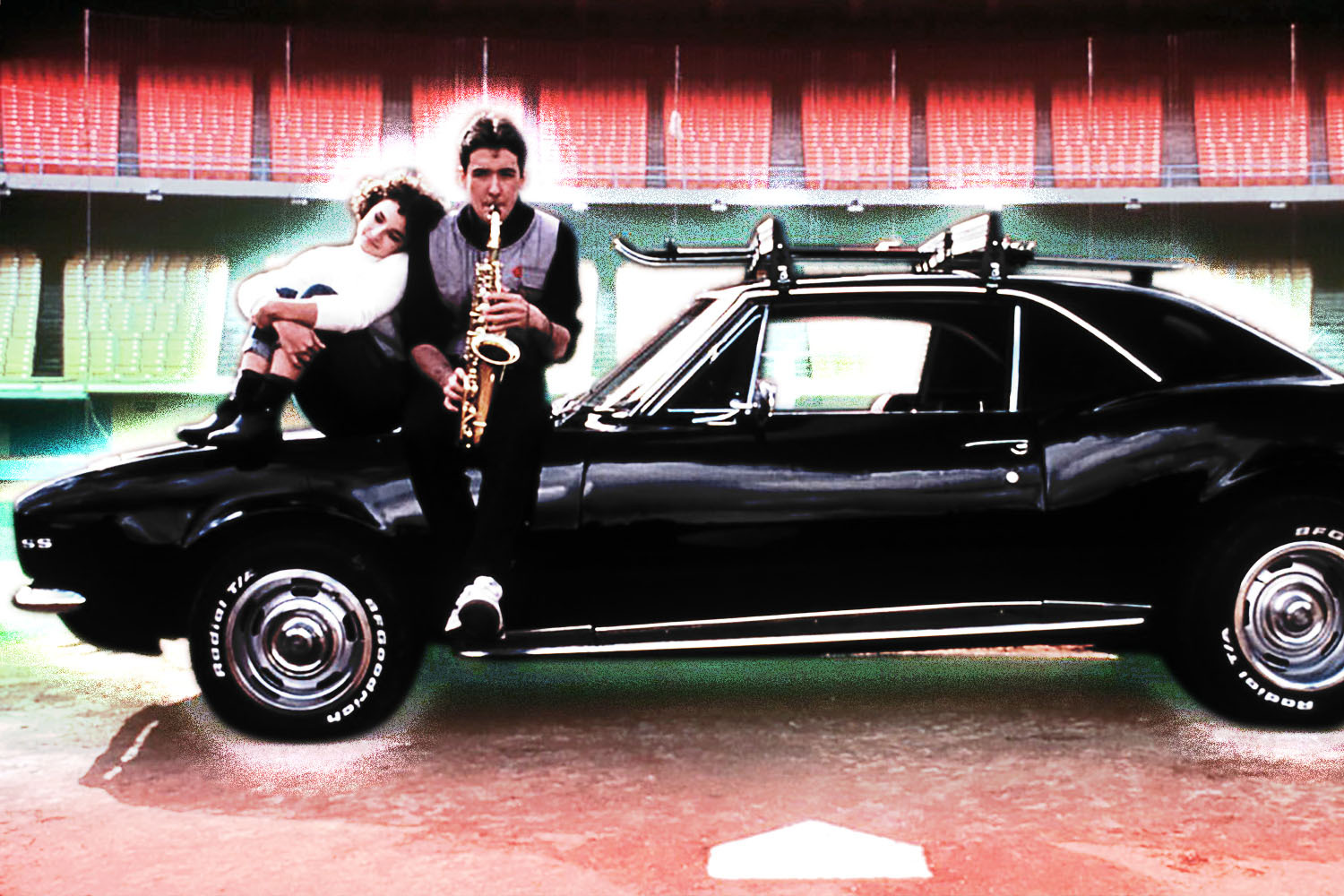You don’t need me to tell you middle school is hell. Chances are you’ve got your own traumatic memories from that nightmarish time when you transformed from a cute kid to a greasy, awkward not-quite-adult, when the hormones flooding your brain made every word out of your mouth feel like the wrong thing and even the tiniest interactions with your peers take on the gravity of the biggest deal in the world.
We all go through it, but one of the lies those hormones tell us is that we’re the only ones constantly walking around on the verge of tears or feeling like our body’s betraying us, that everyone else has it figured out. That’s why representation is so important; the examples we see in pop culture at that age act as a roadmap, for better or worse. They can answer the questions we’re too embarrassed to ask, give us an idea of what’s “normal” and make us feel less alone.
For decades, however, that representation was glaringly one-sided. TV shows and movies focused mostly on the experiences of adolescent boys, and while they were given the freedom to be raunchy and angsty and address humiliations like ill-timed boners, the girls existed mostly as pristine objects of their affection, Winnie Cooper types who never sprouted a unsightly zit or had a hair out of place, and who sure as hell never had to spend a school day walking around with sweatshirts tied around their waists to cover up period mishaps.
Enter PEN15.
When the first season of the show, in which thirtysomething actresses Anna Konkle and Maya Erskine portray 13-year-old versions of themselves alongside a cast of actual junior high-aged kids as their classmates, premiered last year, it felt revolutionary. The Hulu comedy (whose second season debuts today with seven episodes, followed by a COVID-19-delayed part two of the season at some point in 2021) gave us teen girl characters who were just as weird, horny and gross as their male counterparts. While needle drops like K-Ci and Jojo’s “All My Life” and storylines centered around AIM conversations and early-aughts fashion are all spot-on and deeply relatable for those of us who also were in junior high in the year 2000, episodes like “Ojichan” — in which Maya is consumed by guilt over masturbating, convinced she’s a “pervert” because she’s been led to believe girls don’t do such things — are capable of striking a chord with anyone who has ever been a middle-school girl.
But you don’t need to be a woman to appreciate PEN15, and while it certainly helps at some points — I involuntarily yelled “NO!” at my screen as Maya sprayed body splash on her genitals after a boy at school started calling her “BSB” (“big smelly bush”) in season two’s “Wrestle” — every man could benefit from watching the show’s unflinchingly accurate portrayal of what puberty is like for girls. (Actor Bob Odenkirk, for example, has been outspoken about his love for the show, calling it “the greatest show on right now” and telling Variety recently that “It’s in my top five shows of all time.”)
Because its two leads are actually adults, it’s able to show a lot more than what we’d be comfortable watching from an underage actress, and season two picks up right where last season left off, as Anna and Maya deal with the fallout from being felt up together by popular kid Brandt at the school dance — an event they hilariously refer to as a “three-way.” (An adult body double handled all the over-the-clothes action in this scene.) The show demonstrates the way adolescent girls are slut-shamed and the way they internalize it; Maya and Anna’s female classmates ostracize them and tell them they’re disgusting when word gets out, and when Anna suggests that maybe Brandt’s a slut too, she’s quickly reminded that he’s “just a player.”
Season two also packs an emotional punch, as the show delves deeper into Anna’s parents’ divorce and its impact on her. And the series also examines toxic masculinity and the ways boys are taught from a young age to perform it as Gabe, a closeted gay kid, gets a more significant role this year, dating Maya and coldly throwing around the word “faggot” in an attempt to hide his true identity. Another boy, Sam, is pressured to say crass things about Anna and Maya in order to fit in with his jock friends on the wrestling team. Even Brandt seems to feel pressure to exude a certain image, as he first makes Anna and Maya swear to keep their dalliance a secret and then ultimately gaslights them, insisting it never happened at all.
You don’t have to know the humiliation of clogging your friend’s toilet because you tried to flush a pad — as Maya does in season two’s “Sleepover” because she didn’t want the other girls to find it in the garbage and know she had her period — firsthand to understand the ways women are taught from the get-go to be ashamed of their bodies and their natural functions. That’s something it’s vastly important for men to be aware of, whether they’re raising preteen daughters of their own or simply looking to understand all the patriarchal bullshit the women in their lives had to unlearn.
I wish I had access to a show like PEN15 when I was growing up. It should be mandatory viewing in health classes along with other recent similarly groundbreaking series like Netflix’s Sex Education and Big Mouth; I can’t help but wonder if junior high would have been so nightmarish had I been shown that it’s okay to laugh at all the indignities of being an adolescent girl. But the men who only grew up with Winnie Cooper stand to learn a lot from PEN15‘s gross, awkward heroines too. Being a 13-year-old girl is excruciating, but we can make it less so by fostering a little empathy and understanding — and that does, in fact, feel like the biggest deal in the world.
This article was featured in the InsideHook newsletter. Sign up now.























